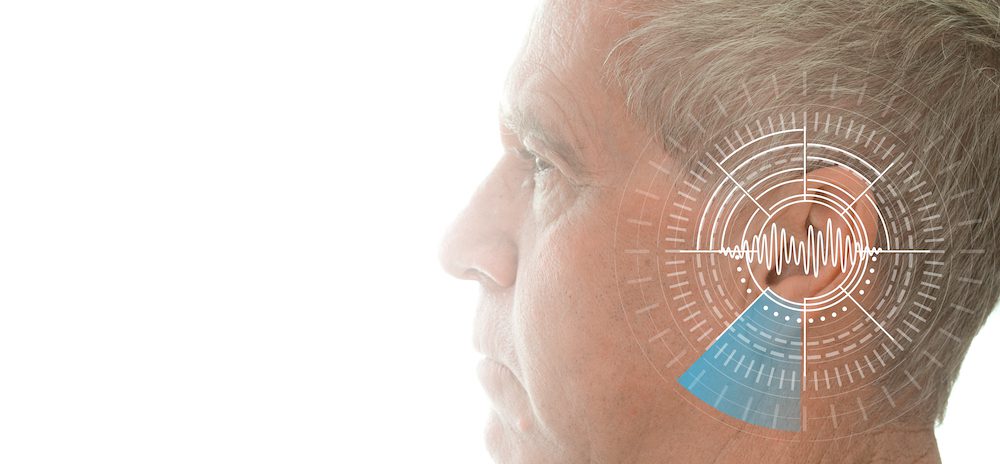
You may concluded that you have high-frequency hearing loss when you notice that you are unable to keep up with conversations, or if someone keeps on commenting on your hearing. If you do develop this kind of hearing loss, then you may find it difficult to hear noises that are high-pitched. You may hear some words that other people say, but not all of them. You may also struggle to hear the sounds in the world.
You may find that you end up asking people to repeat themselves or that you ask them to speak slowly or more clearly. You may also have difficulty understanding words when you are in a crowd or if you are in a noisy environment. Children may find that they have developmental delays, or that they have self-esteem issues.
Tinnitus may also be present. This is a sensation that means you’ll hear buzzing, ringing or roaring in your ears, even though there is no sound present in the environment.
Noise
A lot of people experience noise-related hearing loss. Studies have shown that over 50-million people in the US are exposed to noise levels that are considered to be dangerous, every day. This can happen from one exposure, such as from an explosion or it can be if you have had long-term exposure to loud noises. Noise levels become dangerous when they are over 85 decibels.
Genetics
It’s very important to know that genetics and family history can also play a huge role in hearing loss. It is possible that you are genetically more likely to experience hearing loss if you have family members who have the same condition. If you know that this is true, then it is a good idea for you to consult your audiologist so that they can work with you to guide you through the process.
Aging
Aging can lead to hearing loss, but this tends to be a much slower process. It impacts both of your ears and sometimes it can be more difficult to notice. The first sign is usually the inability to comprehend speech or voices when in busy environments.
Disease
Certain diseases can lead to hearing loss as well. In children, it can stem from an ear infection. If you believe that your child has a level of hearing loss, then you need to try and take them to an audiologist as soon as possible so that they can look into the problem for you.
Medication
Some types of medication can lead to hearing loss. They include antibiotics and aspirin if you take them in large quantities. Some chemotherapy drugs can also lead to hearing loss.
How is it Diagnosed and Treated?
If you suspect that you are having issues with your hearing, then you need to try and see an audiologist. They can then diagnose your hearing loss. You will then undergo a hearing test. There are many types of hearing tests that can be performed, and they include a tuning fork test, a physical exam and an audiometer.
During your hearing test, you may hear a selection of tones. They will become softer until they eventually become inaudible. You will then be asked to see if you can identify the softest tone that you hear. You may also be asked to repeat a list of words that are all at different sound levels. Repeating sound levels is also another common exercise, especially if there are other competing noises present.
Your audiologist may also chart your results on an audiogram as well. If you have hearing loss then you may find that your hearing becomes diminished at around 2,000-8,000 hertz.
Solutions that Work
Hearing aids are one of the most common treatments if you have hearing loss. In recent years, there has been a lot of improvement for hearing aids. Hearing aid manufacturers keep on making improvements by trying to develop aids that are effective, including for high-frequency losses. Hearing loss cannot always be prevented, but it is important that you try and protect your hearing if you work in a noisy environment.
If you want to learn more about hearing loss or if you want to find out more about your own level of impacted hearing, then contact us today at the Alliance Center for Hearing. You can contact us at 701-751-6232 and when you do, we will then work with you to ensure that you are supported.



